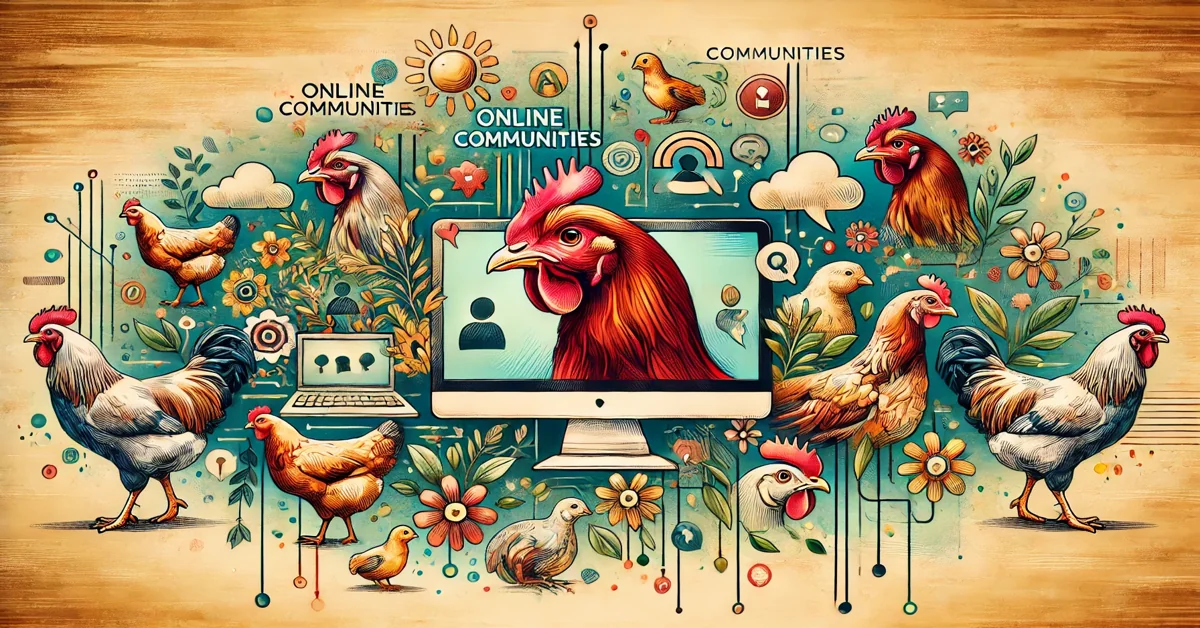Frustrated spiritual development – Embarking on a spiritual journey is often portrayed as a path to enlightenment, inner peace, and profound understanding. However, the reality of spiritual development is frequently more complex and challenging than many anticipate. Frustration is a common and natural response when expectations are not met, and minor obstacles in daily life may reveal deeper issues that impede spiritual progress. This article will explore why frustration occurs in spiritual development, how to manage it effectively, and strategies for continuing your journey towards spiritual growth.
1. Understanding Spiritual Development
Frustrated spiritual development is a deeply personal and ongoing process that involves the growth of one’s inner self and the pursuit of a deeper connection with the universe, a higher power, or one’s true nature. It encompasses a wide range of practices and beliefs, including meditation, mindfulness, prayer, self-reflection, and moral living. The goal is often to achieve a state of inner peace, clarity, and a sense of purpose.
Key Aspects of Spiritual Development:
- Self-Awareness: Gaining insight into one’s thoughts, emotions, and behaviors.
- Inner Peace: Cultivating a sense of calm and contentment despite external circumstances.
- Connection: Establishing a meaningful connection with something greater than oneself.
- Growth: Evolving in understanding, compassion, and wisdom over time.
2. The Nature of Frustration in Spiritual Development
Frustration in spiritual development arises when there is a disconnect between your expectations and your actual experiences. This can manifest in various ways:
Unmet Expectations
Many people enter their spiritual journey with specific goals or expectations, such as achieving a state of constant peace, overcoming all personal challenges, or attaining a certain level of enlightenment. When these expectations are not met, frustration can set in.
Common Expectations:
- Immediate Results: Expecting rapid or instant transformation.
- Smooth Journey: Believing that spiritual growth should be free from obstacles.
- Constant Peace: Anticipating a continuous state of inner calm and happiness.
Minor Friction in Daily Life
Daily life often presents challenges and disruptions that can test one’s spiritual progress. Situations such as interpersonal conflicts, financial stress, health issues, and other life difficulties may seem contrary to the ideals of spiritual peace and harmony.
Examples of Minor Friction:
- Conflicts with Others: Struggles in maintaining harmonious relationships.
- Work Stress: Experiencing pressure and dissatisfaction in professional life.
- Personal Issues: Facing difficulties related to health, finances, or personal goals.
3. The Role of Expectations in Spiritual Frustration
Understanding how expectations contribute to frustration is crucial in addressing and overcoming it. Expectations often set the stage for disappointment when the reality of spiritual growth does not align with one’s anticipations.
Setting Realistic Goals
To manage frustration, it’s important to set realistic and achievable goals for spiritual development. Recognize that spiritual growth is a gradual process and that challenges are an integral part of the journey.
Tips for Setting Realistic Goals:
- Focus on Small Steps: Break down larger goals into manageable, incremental steps.
- Embrace the Journey: Understand that spiritual growth is a lifelong process with ups and downs.
- Be Flexible: Allow for adjustments in your goals and expectations as needed.
Adjusting Expectations
Revising your expectations can help align your spiritual journey with reality. Accepting that obstacles and difficulties are natural parts of growth can alleviate frustration.
Strategies for Adjusting Expectations:
- Practice Patience: Cultivate patience with yourself and your progress.
- Accept Imperfection: Recognize that perfection is not the goal; growth and learning are.
- Shift Focus: Focus on the present moment and the process rather than the end result.
4. Managing Frustration in Daily Life
When minor frictions in daily life reveal deeper spiritual issues, it’s essential to address and manage these frustrations effectively. Here are some strategies to help:
Mindfulness and Meditation
Practicing mindfulness and meditation can help you remain centered and focused, even in the face of challenges. These practices encourage awareness of your thoughts and feelings, allowing you to respond to them with greater clarity and calm.
Benefits of Mindfulness and Meditation:
- Increased Awareness: Helps you become more aware of your reactions and emotions.
- Enhanced Resilience: Builds mental and emotional resilience to handle stress and frustration.
- Inner Calm: Promotes a sense of inner peace and stability amidst external turmoil.
Self-Compassion
Being compassionate towards yourself during difficult times can alleviate frustration and support your spiritual development. Recognize that it’s normal to experience challenges and setbacks.
Practices for Self-Compassion:
- Self-Acceptance: Accept yourself with all your flaws and imperfections.
- Gentle Self-Talk: Use kind and encouraging words when speaking to yourself.
- Forgiveness: Forgive yourself for any perceived failures or mistakes.
Seeking Support
Sometimes, seeking support from others can provide valuable perspectives and encouragement. Engaging with a spiritual community, therapist, or mentor can offer guidance and support during challenging times.
Ways to Seek Support:
- Join a Community: Participate in spiritual groups or communities for shared experiences and support.
- Consult a Mentor: Seek advice from a trusted spiritual guide or mentor.
- Professional Help: Consider therapy or counseling for additional support.
5. Embracing the Slow and Steady Path
Spiritual development is often a slow and gradual process. Embracing this aspect can help reduce frustration and cultivate a more positive outlook.
Understanding the Pace of Growth
Recognize that spiritual growth does not happen overnight. It requires time, effort, and continuous practice. Embrace the journey as it unfolds, rather than rushing towards a specific outcome.
Approaches to Embrace Growth:
- Celebrate Progress: Acknowledge and celebrate small victories and milestones.
- Practice Gratitude: Cultivate gratitude for the learning and growth that comes with each experience.
- Stay Committed: Remain committed to your practices and beliefs, even when progress seems slow.
Learning from Challenges
Challenges and setbacks offer valuable opportunities for learning and growth. Rather than viewing them as obstacles, consider them as integral parts of your spiritual journey.
Ways to Learn from Challenges:
- Reflect: Take time to reflect on what you can learn from each challenge.
- Adapt: Adjust your practices or mindset based on your experiences.
- Grow: Use challenges as stepping stones for deeper understanding and growth.
6. Integrating Spiritual Practices into Daily Life
Integrating spiritual practices into your daily routine can help you navigate frustrations and maintain a sense of connection and balance.
Daily Rituals and Practices
Incorporate spiritual rituals and practices into your daily life to foster a sense of consistency and grounding.
Examples of Daily Rituals:
- Morning Meditation: Begin your day with meditation to set a positive tone.
- Gratitude Journaling: Write down things you are grateful for each day.
- Mindful Living: Practice mindfulness throughout your daily activities.
Balancing Spiritual and Practical Aspects
Balancing your spiritual practices with practical aspects of life can help you navigate challenges more effectively. Ensure that your spiritual practices support, rather than conflict with, your daily responsibilities and goals.
Balancing Tips:
- Set Boundaries: Establish boundaries between spiritual practices and daily tasks.
- Prioritize Self-Care: Take care of your physical, emotional, and mental well-being.
- Integrate Practices: Find ways to integrate spiritual practices into everyday activities.
7. Conclusion
Frustrated spiritual development is a common and natural experience that often arises from unmet expectations and the challenges of daily life. Understanding the nature of frustration, managing your expectations, and employing effective strategies can help you navigate these obstacles and continue on your path of spiritual growth.
By embracing the slow and steady nature of Frustrated spiritual development, integrating daily practices, and learning from challenges, you can cultivate a more resilient and positive approach to your spiritual journey. Remember that frustration is not a sign of failure but an opportunity for deeper understanding and growth.
For additional resources and guidance on Frustrated spiritual development, visit Backstageviral.com, where you can find expert advice, practical tips, and inspiration to support your journey towards inner peace and fulfillment.
Also Read: Is Cow Manure Humus? Understanding the Role of Cow Manure in Soil Health








